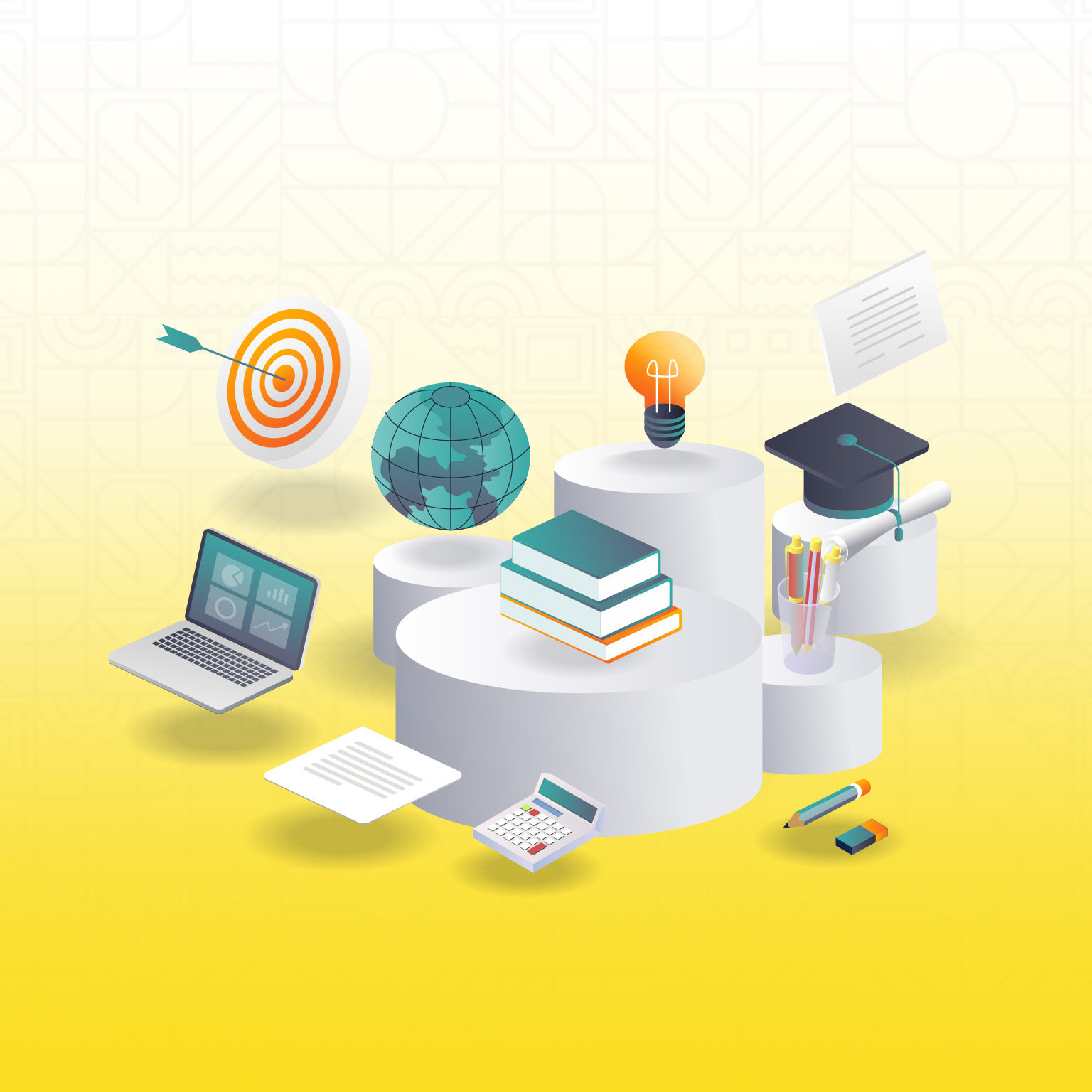Curriculum
The school aspires to elevate the students’ academic performance through a challenging program that pushes students to meet and surpass their potential. Students will be encouraged to develop a passion for learning, to acknowledge their strengths and weaknesses, and to understand how to overcome challenges. The school curriculum, which optimally utilizes American standards, is designed to deliver unrivaled education and inspire our students to succeed in all their endeavors. By using modified common core standards, our students will evolve beyond traditional curricula and take the first steps toward academic excellence and achievement.


Our experience, commitment, and enthusiasm drive us to create an environment conducive to learning
With a team of experienced teachers and highly-qualified staff members, we are devoted to equipping our students with the knowledge, tools, and skills that prepare them for life outside of school.
Supporting Evidence
A study led by Dr. Paul Thompson at UCLA showed that “brain systems specialized for learning language grew extremely rapidly from the age of six until puberty in both boys and girls.”
Scientists discovered a growth spurt in frontal regions of the brain from ages three to six. These regions are responsible for organizing and planning new behaviors.
Modern studies highlight the role that age plays in learning languages.
Research suggests that children can learn to play a musical instrument starting the age of 3, and are generally best-suited for learning around the age of 4 or 5.
Language Lessons
- Every day, students will attend language blocks in all four languages: Arabic, English, German, Spanish.
- Language lessons will also be used to introduce children to a variety of subjects and topics such as art, culture, science, and social studies solely through the block’s language.
- In kindergarten, students will not be taught the rules of the language, but will be surrounded by conversations that lead to them acquiring the language naturally.
- Studies show that it is fairly easy for children to acquire more than one language at once, as long as they regularly interact with speakers of the languages.
Language Acquisition
Arabic
Children can acquire languages without any formal teaching, Kindergarteners will therefore learn languages organically.
English
Children can acquire languages without any formal teaching, Kindergarteners will therefore learn languages organically.
Duetsche
Children can acquire languages without any formal teaching, Kindergarteners will therefore learn languages organically.
Español
Children can acquire languages without any formal teaching, Kindergarteners will therefore learn languages organically.
Math Lessons
Kindergarten students will attend daily Math blocks taught in English.
The introduction of languages and musical instruments in kindergarten are based on verifiable research and will be established in the curriculum as such.
Kindergarten students will develop a foundation for the concepts that are taught in later grades.

Music Lessons
- The daily music class will first introduce children to beats, melodies, harmonies, rhythm, and tempo through the ukulele.
- The ukulele will improve children’s eye-hand coordination and independent finger movement. It is also well suited for their motor skills.
- Due to its small size, kindergarten children can easily hold and use the ukulele, and even carry it around or store it in their bags.
- Students will start their musical journey by learning the parts of the instrument, how to properly hold it, tuning, understanding chords, and learning how to strum.
- Simple one-chord songs will be taught to kindergarteners using fun methods that pique their interest and promote their love for the instrument.
Music Acquisition
- Music is a catalyst to the development of many areas and skills such as intellectual, social-emotional, motor, language, and literacy.
- Children can learn the sounds and meanings of words, build motor skills, and learn a different form of self-expression.
- Research has linked music to improved mathematical learning, memory skills, coordination, reading and comprehension skills, listening skills, and social skills.
- Children are naturally predisposed to develop musical sensibility from birth. During their early years, children’s mental structures and mechanisms associated with processing and understanding music are in their prime stages of development.
- By focusing on one musical instrument, students are more likely to master it.
- The ukulele is considered a fun and easy string instrument that can facilitate the learning of other string instruments.

